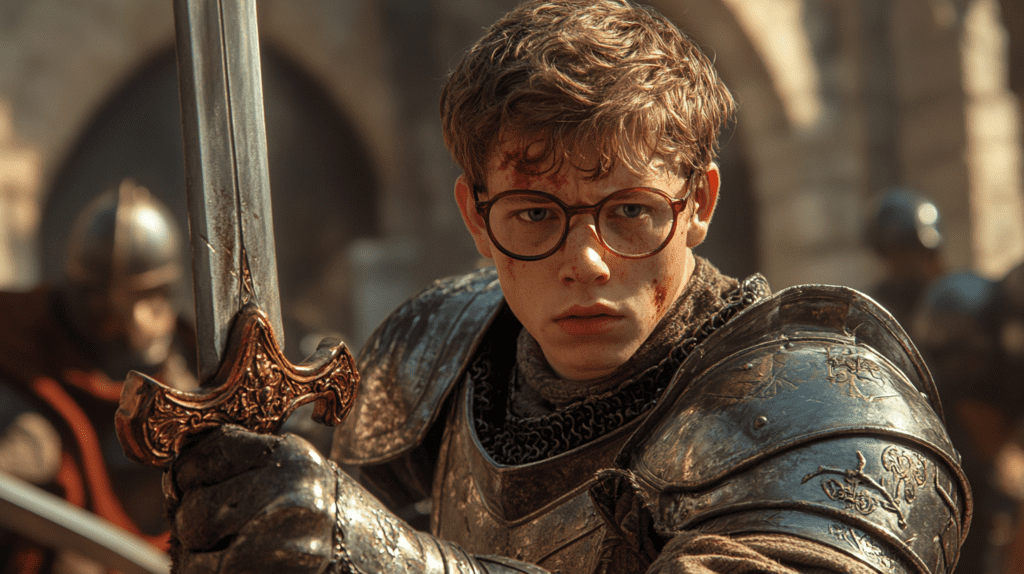In a league where image is everything and media training is practically a job requirement, a few quarterbacks have stood out for how they played and who they were. These weren’t cookie-cutter personalities shaped by PR teams. They were original, raw, sometimes quirky, and always honest.
Two names that define this authenticity more than most are Joe Namath and Peyton Manning. Despite playing in entirely different eras, both quarterbacks proved that being yourself isn’t just allowed in the NFL—it can define a legacy.
Their contrasting styles made them iconic as athletes and characters who made the game feel a little more human.
Swagger and Grit from the Sidelines to the Spotlight
Joe Namath wasn’t just a quarterback—he was a cultural phenomenon. With his fur coats and fearless media presence, Broadway Joe brought swagger to a sport that wasn’t used to showmanship. He made headlines not only for his guarantee of victory in Super Bowl III but also for how he backed it up. Namath embodied confidence; more importantly, he never pretended to be someone he wasn’t.
On the other end of the spectrum sat Peyton Manning—awkwardly funny, obsessively prepared, and utterly uninterested in playing the part of a cool superstar. His commercials showcased his lovable goofiness, and his press conferences were filled with dad jokes and deadpan delivery. Yet on the field, he was a tactical wizard. Manning showed that authenticity didn’t need to be flashy; it could be nerdy, meticulous, and still magnetic.
Both Namath and Manning offered a version of honesty that fans could latch onto. Whether it was Broadway bravado or locker-room levity, their brands of authenticity helped redefine what leadership could look like in pro football.
Read More: Ranking the 15 Most Authentic NFL Quarterbacks of All Time
The Power of Personality in the Pocket
Being a quarterback means being a leader, but there’s no one-size-fits-all mold for how that looks. Namath and Manning proved that leadership doesn’t always come with stone-faced speeches or intense glares. Sometimes, it’s in the way you own who you are.
- Namath led by aura—his confidence inspired belief in everyone around him.
- Manning led with preparation—he was a general who earned trust with his brain as much as his arm.
They didn’t change to fit the league—they changed how the league thought about personality. In doing so, they made room for other quarterbacks to be more than just robots reading off cue cards. Guys like Brett Favre with his backyard style, or Josh Allen with his fun-loving energy, owe part of their freedom to these trailblazers.
Read More: From Cool to Captivating: The NFL’s Most Charismatic Quarterbacks
Staying True in a Shifting Game
Today’s NFL has brand managers, curated social feeds, and cautious soundbites. But authenticity still stands out—and it always will. Manning and Namath were reminders that fans connect with players, not personas. They weren’t perfect, but they were consistent in one crucial way: they showed up as themselves.
In an age of copy-and-paste answers, their ability to be genuine was refreshing. Namath didn’t hide his bravado. Manning didn’t conceal his quirks. They didn’t fit into traditional molds of what an NFL quarterback “should be,” and that’s exactly why they remain so memorable.
Their careers show us that authenticity isn’t a weakness—it’s a superpower. And that message is just as relevant today, on and off the field.






